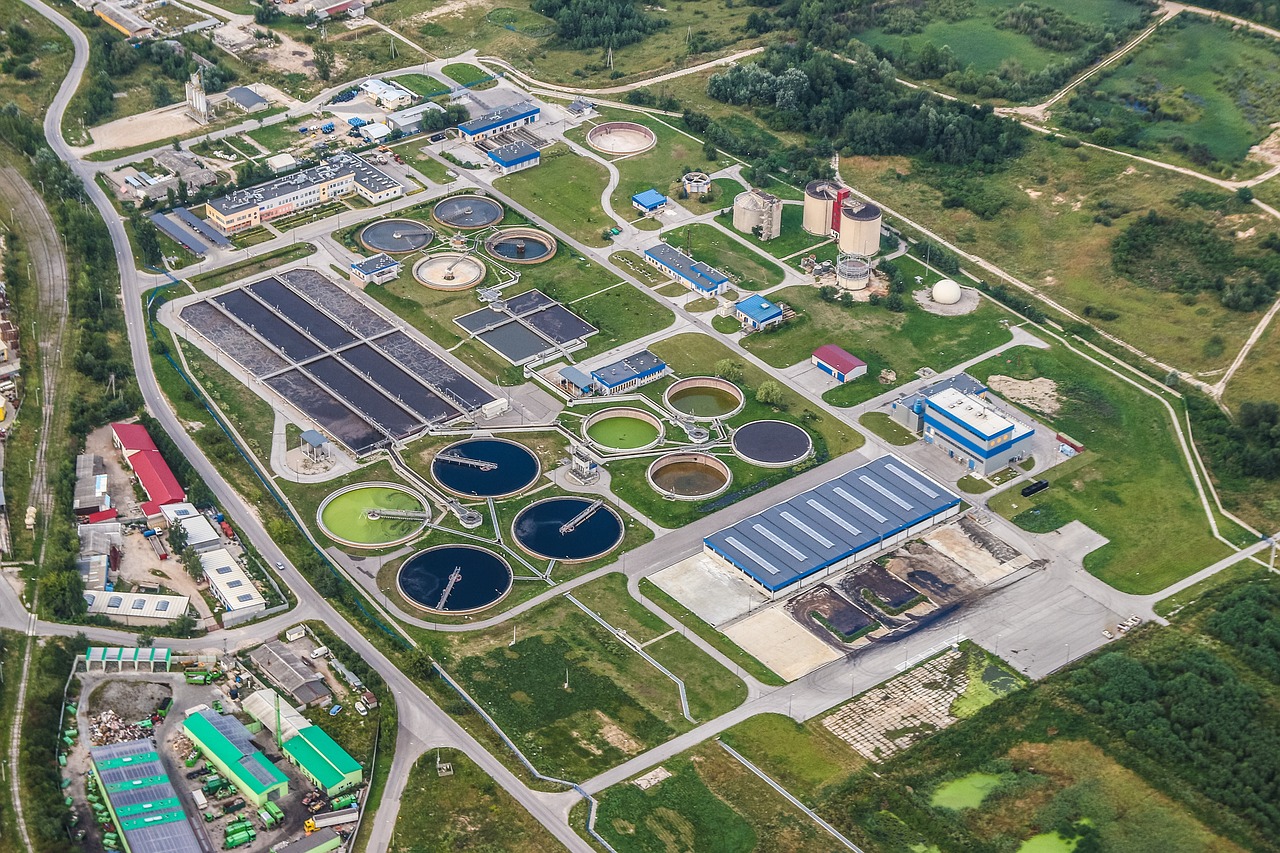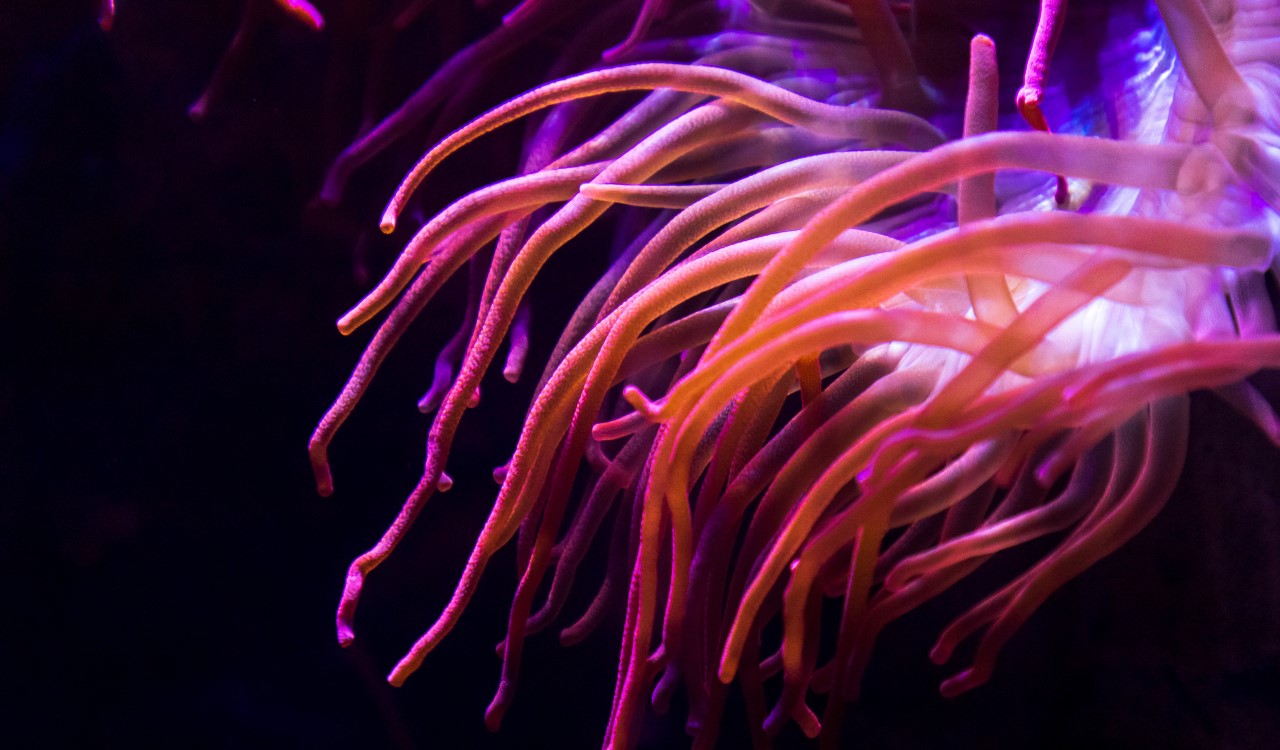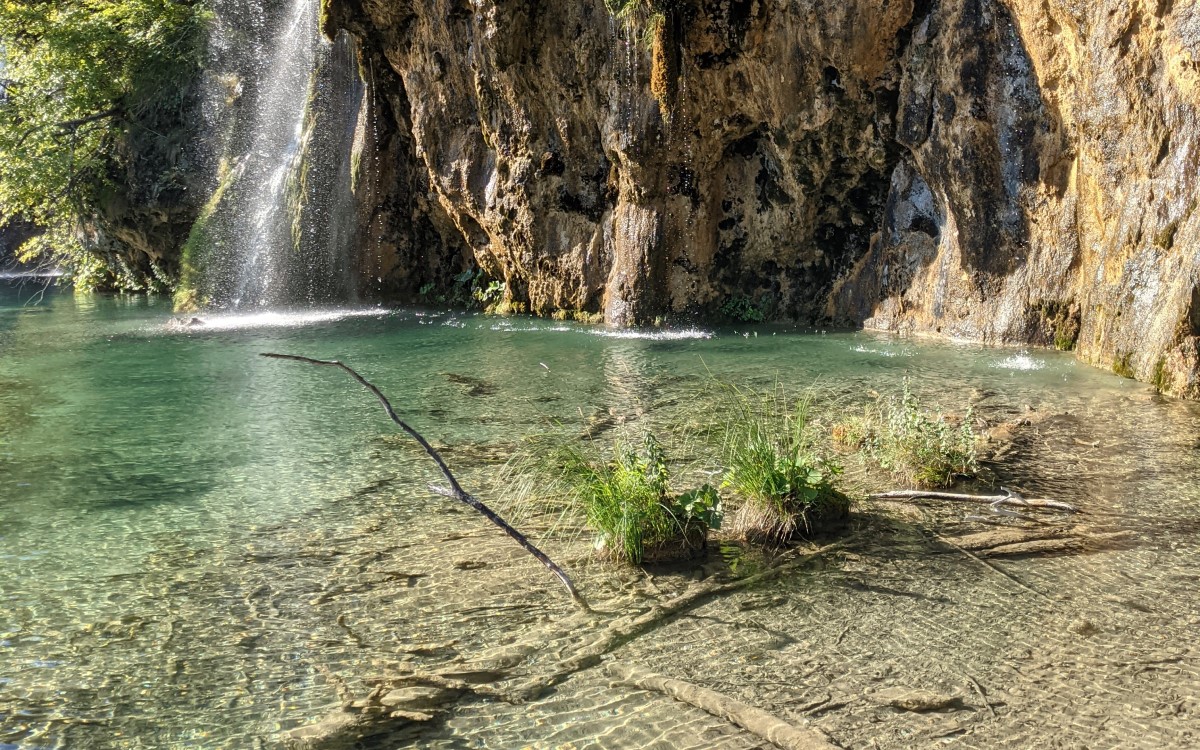Although much has been done to provide collection and treatment of urban wastewater in the last decades, new pressure on the wastewater sector is given by the necessity to adapt systems to climate change, tackle newly identified pollutants as well as to enable WWTP to contribute more to the circular economy.
The proportion of households connected to waste water treatment facilities varies across Europe. It ranges from about 97 % in western-central Europe to about 70 % in southern, south-eastern and eastern countries. Despite these significant improvements in recent years, around 30 million people are still not connected to waste water treatment plants in Europe. In areas where people live far apart, it may be more practical to use individual treatment methods like septic tanks to deal with sewage.
The challenges are known – different countries require adapted solutions
The EEA briefing names challenges to existing WWTP and sewage systems resulting from climate change (i.g. storm water management), the urban and rural wastewater treatment provision, the need to improve resource and energy efficiency and the demand to eliminate contaminants of emerging concern. Furthermore, European legislation must be adhered to and the financing must be ensured. For example innovative treatment techniques, concepts for green cities and improved catchment-based solutions (establishing sewage and treatment systems specifically for urban and rural regions) and concepts for marketing valuable products from wastewater streams should help to meet the challenges.
Solutions to different challenges, implemented by different European Countries, are presented in the briefing, which is available here.







